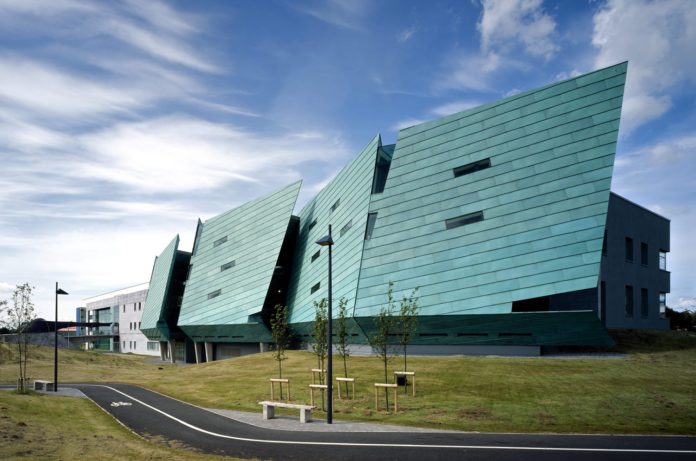GMIT has welcomed the publication of the Technological Higher Education Authority’s report on sexual violence and consent on campus, which calls for greater support to help address these issues.
The PROPEL Project Report “Promoting Consent and Preventing Sexual Violence in Higher Education Institutions” which has been released this week calls for further funding, increased resources, and stronger policies to address these issues.
GMIT’s Debbie Molloy and Mary Nestor, co-chairs of the GMIT Working Group on Preventing & Responding to Sexual Misconduct and Harassment, welcomed the report.
“Third levels institutions like GMIT are uniquely placed to raise awareness and make a real impact on preventing and responding to sexual misconduct and harassment.
“At GMIT, we have formed a Working Group, representative of staff and students, and that group is developing a four-year institutional action plan to make progress on these issues that affect our staff and students and the wider population.”
The PROPEL report was commissioned by THEA to assist technological higher education institutions to implement the national Framework for Consent in Higher Education Institutions: Safe, Respectful, Supportive and Positive – Ending Sexual Violence and Harassment in Irish Higher Education Institutions, published in April 2019.
It details key components and options for inclusion in institutional action plans, outline of best practice and guidelines for emerging policies and procedures in this area and a series of conclusions and recommendations.
Policy Analyst and author of the report, Dr Eavan O’Brien of THEA said that understanding of the issues of sexual violence and harassment in higher education is still developing, as are policies for tackling them.
“Rather than the end, this report is just the beginning. Sexual violence and harassment are generally related to power. We must examine structural inequities that are the drivers of unacceptable behaviour and that set the conditions for abuse of power.
“This includes challenging and dismantling sexism, racism, ableism, and discrimination based on gender identity, expression, and sexual orientation.”
“We must also recognise, as a society, that we will be more successful in eradicating these behaviours if we educate and raise awareness of sexual consent at primary and post-primary levels.”












